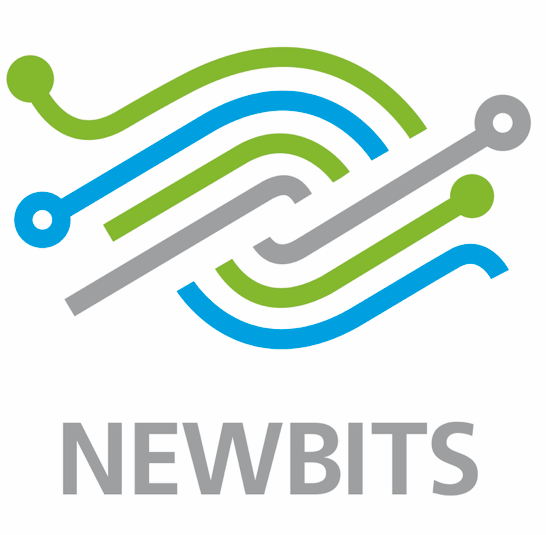NEWBITS – Through an improved understanding of ITS services towards innovative business models
 The European Commission sees an important role for Intelligent Transport Systems – short ITS – in order to enhance greening transport and improve transport efficiency, safety, and security.1 However, there is a lack of robust and innovative business models for ITS services, such as in-vehicle safety and traffic monitoring systems.
The European Commission sees an important role for Intelligent Transport Systems – short ITS – in order to enhance greening transport and improve transport efficiency, safety, and security.1 However, there is a lack of robust and innovative business models for ITS services, such as in-vehicle safety and traffic monitoring systems.
To support the development of innovative business models and effective policy incentives, a better understanding of the factors affecting the deployment of ITS services is required. The Horizon 2020 project NEWBITS (‘NEW Business models for ITS’) aims to contribute to this improved understanding by assessing the barriers and enablers for the deployment of such services. Furthermore, it explores the impact of external factors and trends on the future relevance of barriers and enablers.
A deeper understanding of the described factors has been achieved by the recently published project deliverable ‘D 2.2: Assessment of main barriers and key performance indicators (KPIs) for the implementation of ITS services’. Based on a literature review and the results of an EU-wide online survey among relevant stakeholders, supplemented by the assessment of 94 ITS services currently applied in the EU, US and Australia, the most relevant barriers and enablers for specific market segments and service types were determined.
The results of D 2.2 illustrate that the relevance of barriers and enablers for the deployment of ITS services differs significantly between market segments. It also turned out that a lack of attractive business models, political prioritization, cooperation between stakeholders and interoperability between services are relevant barriers within all market segments. The opposite of these ‘general barriers’ were identified as cross-market enablers, for instance increasing political commitment. In addition, an enhanced popularity of ‘Mobility-as–a-Service’ (MaaS), more public-private partnerships and a higher level of end-user involvement were recognized as further important enablers for ITS services.
The study also emphasizes the expected change of the mentioned barriers and enablers influenced by trends like urbanization, increased attention for sustainability, emerging technologies (e.g. 5G), demographic changes and an increased demand for multimodal transport. These trends may lead to increased political commitment and more attractive business models.
Find out more about NEWBITS and the project results under www.newbits-project.eu.
Inquiries should be addressed to: Mr. Xavier Leal
Project Manager NEWBITS x.leal@ortelio.co.uk
